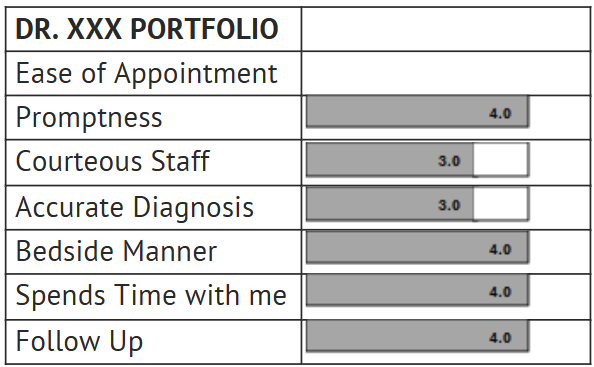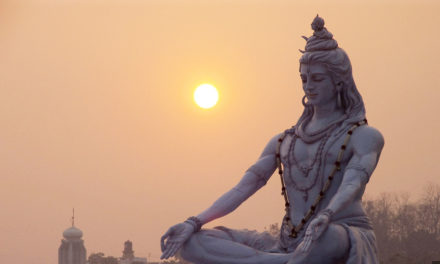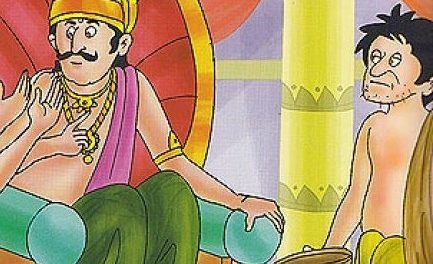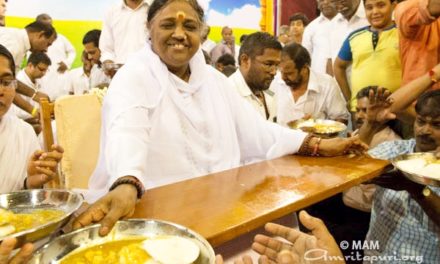Summary:
Swami Paramatmananda Puri explores the profound impact role models have on shaping our character, emphasizing the responsibility parents and professionals bear in setting virtuous examples. Through the legendary story of Bhishma from the Mahabharata, the article illustrates the power of selflessness and respect for parents. Bhishma’s extraordinary sacrifices—renouncing the throne and a personal family life to honor his father’s wishes—serve as a timeless reminder to prioritize dharmic values and others’ happiness over personal desires. In our journey, we are encouraged to emulate high-minded role models who lead us toward truth, selflessness, and enduring happiness.
Author: Swami Paramatmananda Puri
People consciously or unconsciously emulate their role models. That may be a movie star, a politician, a great scientist or doctor, a saint, or even a relative or friend whom they admire. A child’s role model is usually his mother or father. They are perfect in his or her eyes, at least until the child grows up and sees that they are full of failings just like everyone else. If we are fortunate, we get parents that are gentle, patient, and generous. There is a good chance that we also will become like them. On the other hand, if our parents are impatient, angry and miserly, we may unfortunately develop those qualities. Parents have a great responsibility in setting an example for their children. They may think that their outbursts of anger stop with themselves, but in fact, they have repercussions for generations to come, because their children and grandchildren may also grow up feeling that anger is an okay quality. The better role model we have, the better person and role model for others we become. We should be looking up to someone whose example will put us on a path that’s going to lead to happiness.
Professionals always need to be aware of the fact that people whom they are interacting with often expect them to be good role models. I was trying to locate a doctor friend who used to work near Amma’s ashram in California but had moved to another state. Typing his name in Google, I was surprised to be directed to a page that said the following:

Recent comments: Becky – 04/17/2008
Dr. XXXXX has been seeing our son for the last three years, very smart guy, wouldn’t go to anybody else.
It struck me how carefully patients observe their physicians, expecting them to have the highest marks!
Amma, herself a great role model, frequently refers to some of the characters of ancient Indian history as examples of ideal qualities that should be developed by us. In fact, ancient bards invested a great deal of time and energy in recording the histories of those mahatmas so that future generations could benefit from their examples. The sage Vyasa wrote the Mahabharata for this very purpose. Knowledge of those characters’ qualities is as valuable and valid today as it was in olden times.
Most of us have heard of Bhishma, the son of King Santanu, of Mahabharata fame. One day, Santanu (whose first wife was Bhishma’s mother, Ganga, who had left Santanu) was walking along the bank of the Yamuna River when he saw a beautiful lady rowing a boat. We should remember that, for the past thirty-five years, he did not have a wife. When he saw this extremely beautiful woman, the likes of which he had never seen before, he was overwhelmed by feelings of attraction to her. Approaching her, he said, “Who are you, my dear?”
She said, “I’m Satyavati, the daughter of the chief of the local fishermen.”
He thereupon went to the chief and said, “I am King Santanu and I would like to marry your daughter.”
The fisherman said, “Oh, I’d be very happy if you do so. But there is one condition. I will give you my daughter in marriage, but her son should become the next king.”
Needless to say, Santanu was quite upset and even angry. Thinking to himself, ‘I am never going to agree to this,’ he went home.
The king soon developed some conspicuous symptoms; he began to lose weight and became depressed. The fire of desire was consuming his energy. There was also a contributing factor; he felt that he couldn’t say anything about his problem to anyone. In other words, he was suffering from intense suppression. Here was a great example of what health sciences teach us, that strong, unfulfilled or not fulfillable desires can lead to physical and mental disease.
Greatly concerned about him, Bhishma asked his father one day, “Father, why do you seem so depressed and emaciated?”
Santanu replied, “I was just thinking that you are being my only son, if something happens to you, that will be the end of our dynasty. You frequently go out to fight with our enemies, and it’s certain that you’re going to get killed in battle one of these days. What’s going to happen then? I don’t have any other children.”
Bhishma thought, ‘My father wasn’t worried about this until now. This could not be his problem.’ So he went to the Prime Minister.
“Do you know why the king is so upset? He is losing weight and looks so depressed?” asked Bhishma.
The Prime Minister said, “Yes, I know. There’s a lady, the daughter of a fisherman, whom your father saw and wants to marry, but her father insists that the son born of their marriage should become the next king.”
Upon hearing this, Bhishma got into his chariot and drove to the fisherman’s hut. He said to the fisherman, “What’s the problem? My father wants your daughter as his wife.”
The fisherman said, “No problem, but my daughter’s child should become the next king.”
Bhishma replied, “That’s no problem for me either. I hereby renounce my right to the throne.” Just like that! Can you imagine? Suppose you are a prince, and you are in line to become the next king in your family. If your dad wants to marry another lady under the same conditions that Santanu had, would you agree to it? No way!
“There is one more thing,” said the fisherman. “I don’t doubt you. I know you won’t try to become the king. But what about your children? They may say, ‘We are the children of Bhishma and we have a right to the throne.’”
“Quite so,” said Bhishma. “From today onwards, I’ll live as a brahmachari (celibate) for the rest of my life.”
“Then I hereby bestow my daughter!” said the thrilled fisherman, and that was that.
There are many great lessons that we can learn from this story. Most importantly, we should develop a self-less attitude in life. Towards this end, we should show respect and love for our parents. Even if we have to give up something we like in order to make them happy, we should be ready to do so. But unlike Bhishma, most children don’t want to give up anything to make their parents happy. They want only that they should be happy, that their parents should make them happy all the time. And if their parents don’t make them happy? Slam the door, scream, pout and take a vow of non-cooperation! Most of us won’t even move to the next seat in the movie theater to let our mom or dad sit down. “Daddy, there’s an empty seat in the next row. You can sit there. I want to sit here; it has a good view.”
Listen to this story.
A teacher observed that one of the little boys in her class was pensive and withdrawn.
“What are you worried about?” she asked
“My parents,” he replied. “Dad works all day to keep me clothed and fed and sent to the best school in town. And he’s working overtime to be able to send me to college. Mom spends all day cooking and cleaning and ironing and shopping, so I have nothing to worry about.”
“Why, then, are you worried?”
“I’m afraid they might try to escape!”
Let us give up a little bit of our selfishness to make them happy. And let us be firm as Bhishma in our decision to do so always.
As the time for his death approached while on the battlefield, Bhishma said to those around him, “You should strive for attaining the Truth. Truth is the highest power. Always live with those of dharmic conduct who abstain from cruel behavior, and who have their minds under control. Let such people be adorable to you!” In other words, have a high-minded role model.
Having said so, Bhishma remained silent. Then, with- drawing the life force from his various limbs, that great soul pierced through the crown of his head and proceeded upwards into the heavens like a meteor, and became in- visible, uniting with Eternity.




